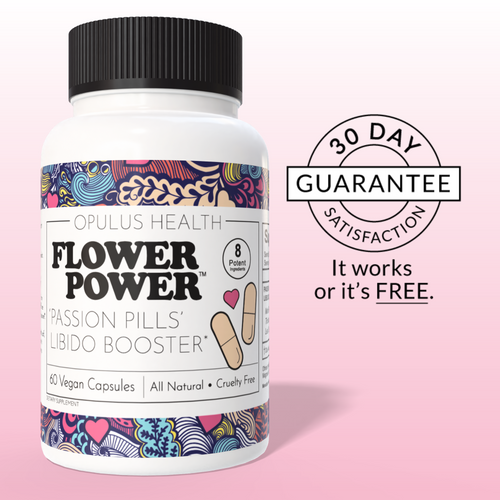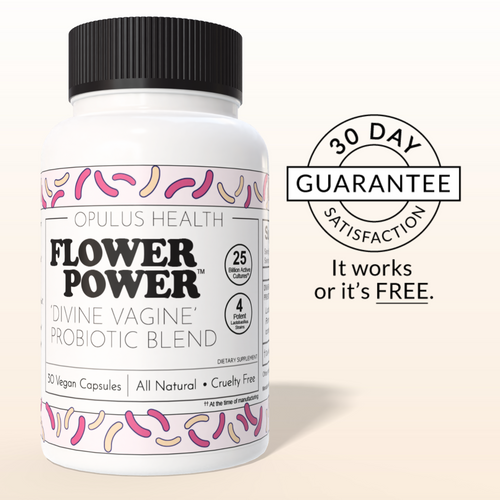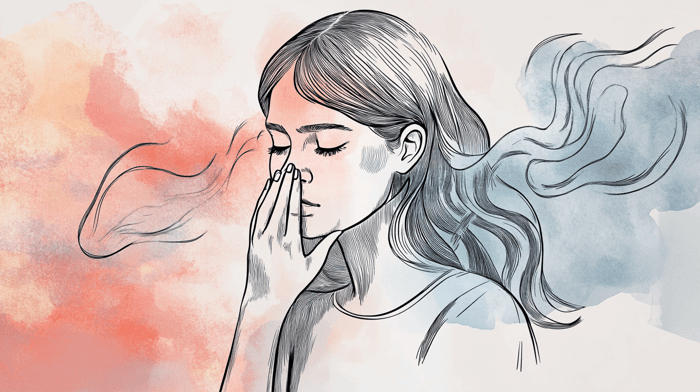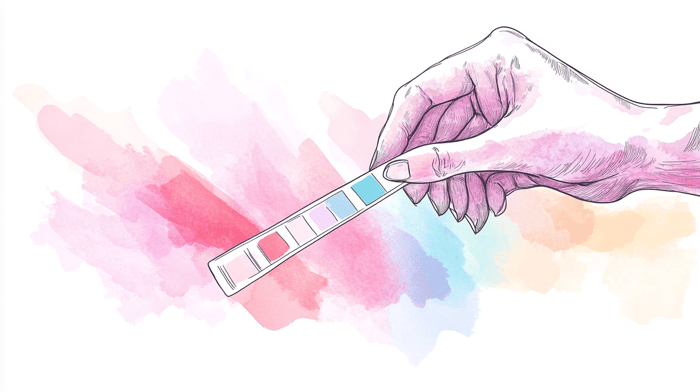Menopause brings both good and bad news. On one hand, you can say goodbye to tampons and period cramps. But on the other hand, it can signal the start of some vaginal challenges.
Dryness, discomfort during sex, low libido, atrophy, and even changes in vaginal odor can become common concerns. In this article, we'll share tips to help you manage these issues and glide through your golden years.
Already dealing with these problems? We’ll also suggest some natural remedies to help restore both your vaginal and mental health.
Understanding Your Body During Menopause
Most women don’t realize the full impact menopause has on the body—it’s more than just the end of periods. Menopause affects various parts of your body, including your vaginal health, largely due to a significant drop in the hormone estrogen.
Estrogen is essential for vaginal health—it keeps your vaginal tissues thick, helps maintain moisture, and supports good bacteria that protect against infections. Once estrogen levels drop during menopause, these functions can be compromised, leading to dryness, discomfort during sex, and increased risk of infections.
How to Manage Menopausal Dryness and Vaginal Odor
Vaginal dryness and odor are common concerns during menopause. They can affect your confidence, intimacy, and overall mental health. Here are some strategies to help you manage these symptoms:
Understanding the Cause of Dryness
Before trying various products, it’s important to understand why you’re experiencing dryness. Is it related to medication, hydration, or menopause itself?
In many cases, vaginal dryness is also linked to vaginal atrophy—a thinning and tightening of the vaginal walls that occurs as estrogen levels decline. This can cause pain during sex, dryness, and discomfort.
If you struggle with dryness, lubricants are one option, but many women prefer a more natural solution. Consider vaginal moisture supplements with positive reviews from real women.
Addressing Vaginal Odor
Vaginal odor often changes during menopause, and it’s important to understand what different smells mean. If the change is unpleasant, it could be caused by bacterial vaginosis (BV), a common infection during menopause due to a decline in good bacteria.
A good way to support your vaginal microbiome is to take a probiotic supplement, which can help replenish beneficial bacteria. You can also include probiotic-rich foods like yogurt, kefir, and sauerkraut in your diet.
Boosting Vaginal Health Through Diet
Your diet plays a significant role in vaginal health. Foods like tofu, tempeh, and miso contain soy isoflavones that can naturally boost estrogen levels. Omega-3 fatty acids found in salmon and flaxseeds can also help prevent vaginal atrophy.
The Impact of Sleep and Stress on Vaginal Health
Stress and poor sleep don't just affect your mental health—they can also impact your vaginal health. High levels of cortisol, a stress hormone, can weaken your immune system and disrupt hormone balance, leading to vaginal irritation and infections. Aim to reduce stress and prioritize sleep to maintain your overall health.
Conclusion
Managing vaginal health during menopause is possible with the right strategies. Focus on hydration, diet, stress management, and supplements to help ease symptoms. And as always, consult your doctor for personalized medical advice and treatments.












